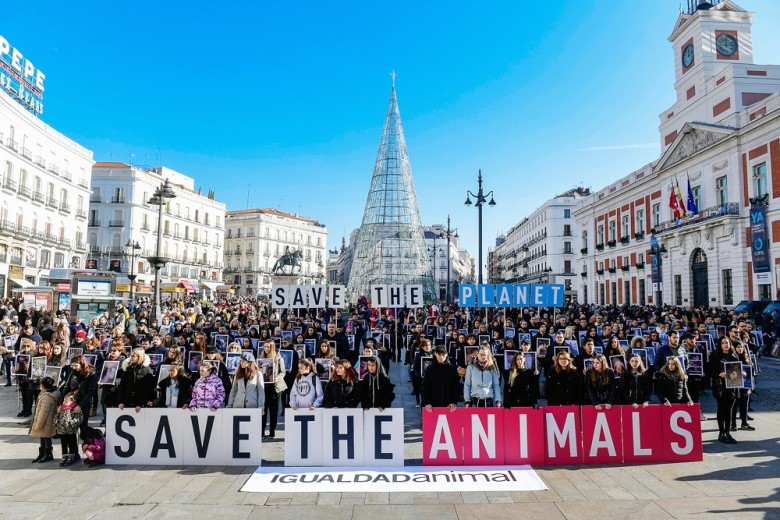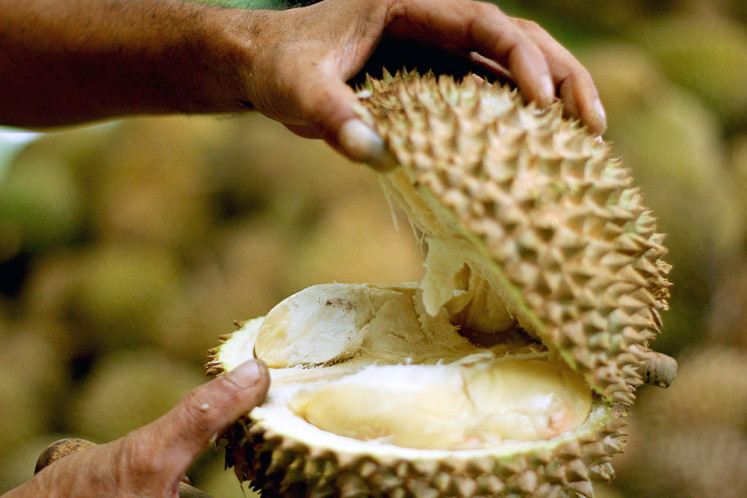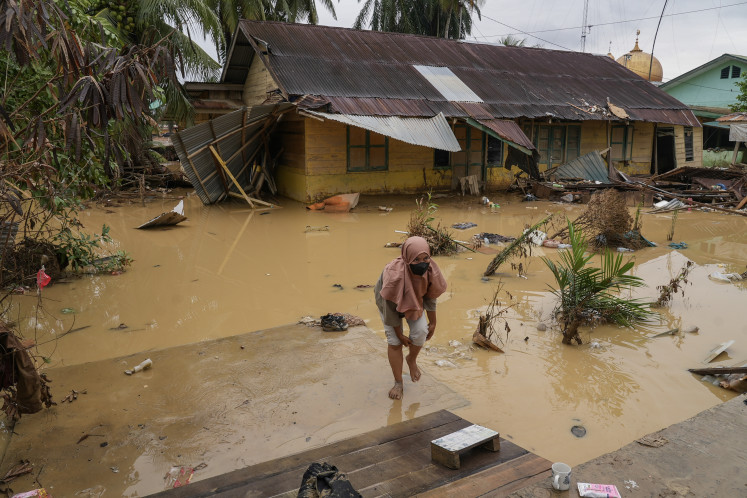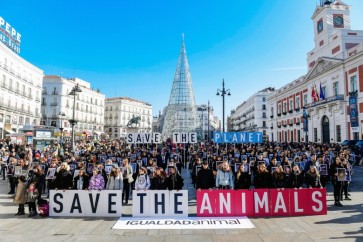Popular Reads
Top Results
Can't find what you're looking for?
View all search resultsPopular Reads
Top Results
Can't find what you're looking for?
View all search resultsSoil as carbon sink: Indonesia’s role in mitigating climate change
Volcanic soil is a more capacious carbon sink than common soil. If all carbon stored in Indonesian soil was converted into atmospheric carbon dioxide, Indonesia would be a crucial country for the mitigation of climate change.
Change text size
Gift Premium Articles
to Anyone
W
orld Soil Day, which fell on Dec. 5, is an annual celebration to highlight the importance of soil as a fundamental part of the ecosystem and a key component to sustain human life. The special day also serves to remind us — communities, organizations and the government — to protect our environment from soil degradation, which can result from natural or human activities.
This year’s theme was “Stop soil erosion. Save our future” and was one of the highlights of the international conference on climate change in Madrid, which will run until Friday. Soil erosion is one of the world’s main environmental threats as it causes the soil to lose its function.
The soil provides food, biomass, raw materials, habitats and physical and cultural environments for mankind. Nevertheless, the contribution of soil to climate mitigation has been largely ignored. Soil helps store carbon. The biomass of living things, the source of carbon, enters the soil upon their death and becomes soil organic carbon, which is further accumulated as soil organic carbon stock. Carbon in the soil is released into the atmosphere through mineralization or biomass burning. Soil, therefore, determines the level of carbon in the atmosphere and plays a vital role in mitigating climate change.
According to the World Bank, Indonesia’s land area — 1.8 million square kilometers — was 31.5 percent agricultural land and 50.2 percent forest in 2016. That area also covers peat soil and volcanic soil in some parts of Indonesia. Peat soil is prevalent in Sumatra, such as in the Jambi, Riau, Bengkulu and South Sumatra provinces as well as in almost all areas of Kalimantan.
Volcanic soils can be found in areas with active or inactive volcanoes such as in Java, Sumatra and Bali. Peatland soils are the source of methane gas, which contributes to climate change more than carbon dioxide.
Volcanic soil is a more capacious carbon sink than common soil. If all carbon stored in Indonesian soil was converted into atmospheric carbon dioxide, Indonesia would be a crucial country for the mitigation of climate change.
Compared to forests, there has been less attention paid to the soil, especially regarding its ability to store carbon. As one of the countries to ratify the Paris Agreement, Indonesia has committed to reduce greenhouse gas emissions by 29 percent by 2030. To achieve this commitment, preventing and reducing deforestation are considered the main issues. It is still presumed that deforestation is the major cause of greenhouse gas emissions even though soil is also a significant contributor when fire is involved. Indonesia should pay more attention to the soil by providing guidelines about soil management. Soil protection and soil conservation are the main issues in maintaining soil sustainability.


















